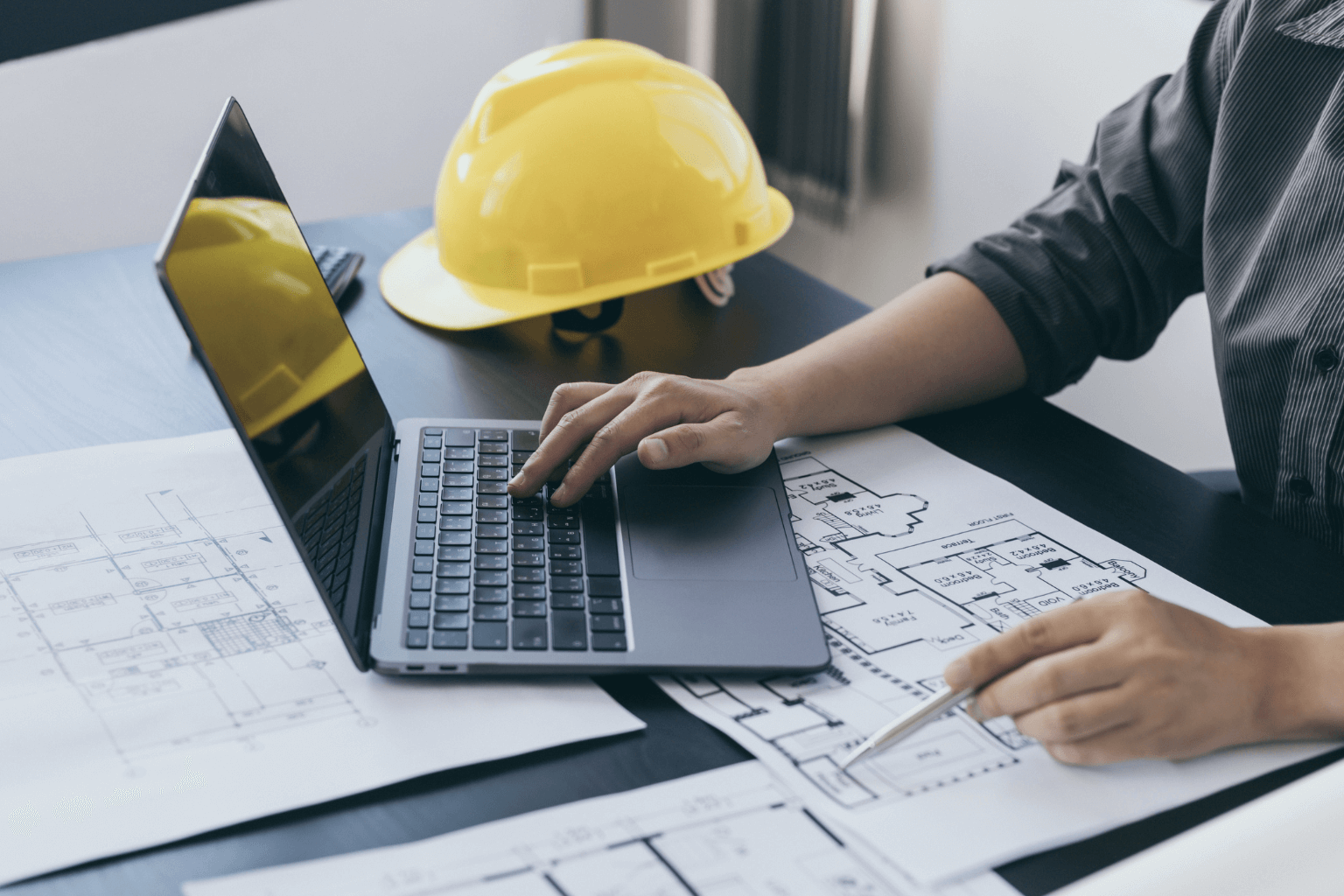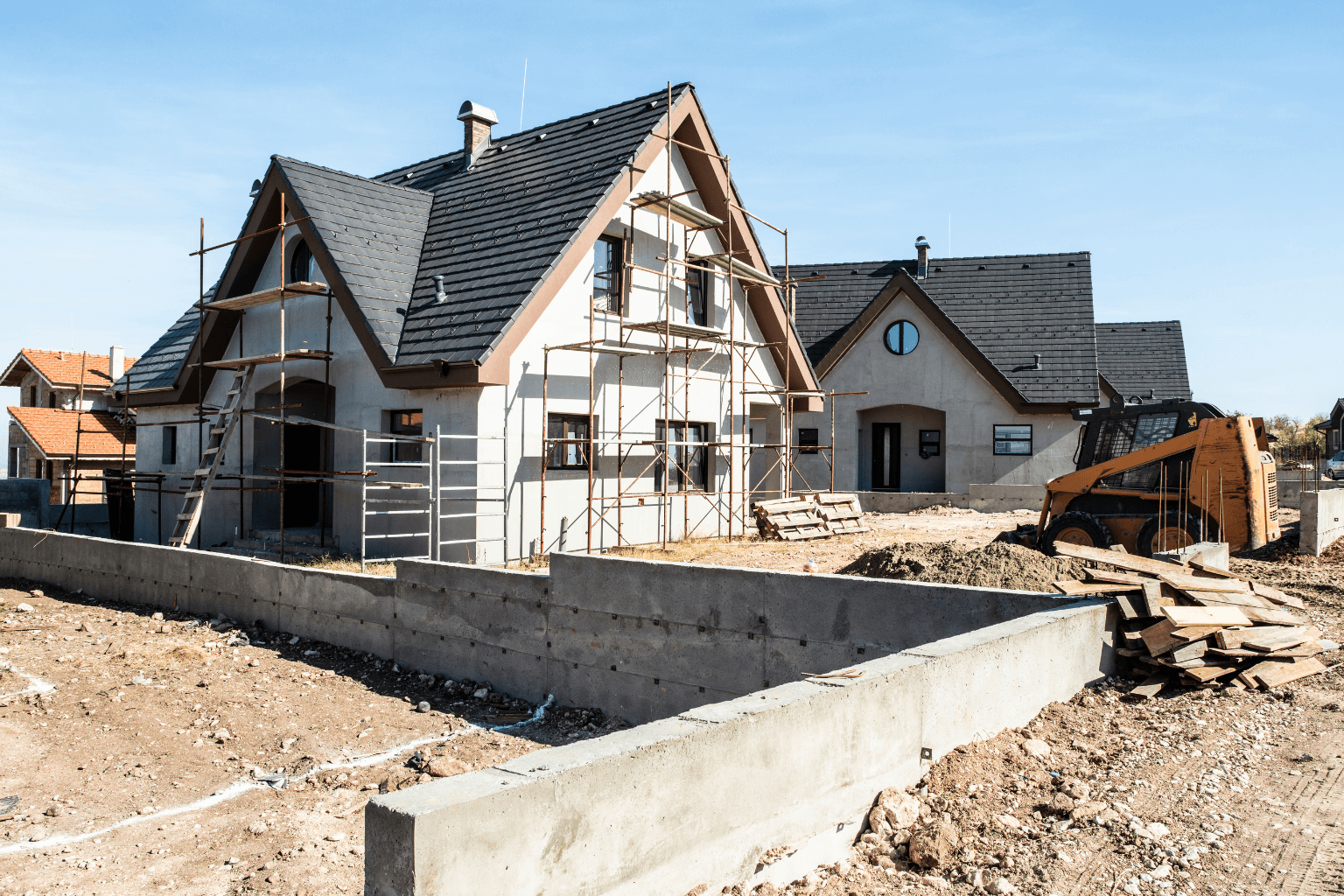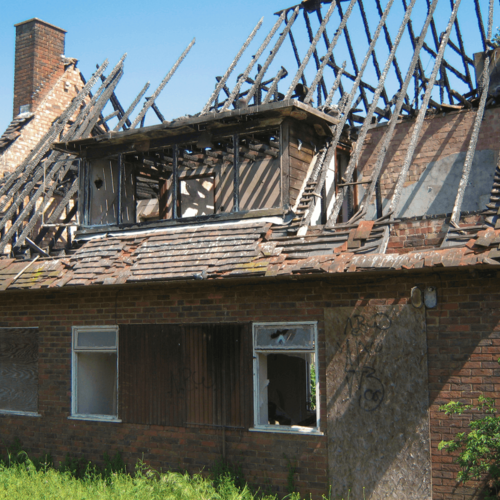Can You Sell a House That's Under Construction?
Yes, you can sell a house that's under construction, and with the proper steps, it can be a profitable decision. Selling an unfinished home involves specific legal requirements, including assignment deals and agreements with developers. Many buyers are attracted to under-construction homes for their affordability and customization options. By clearly communicating construction timelines, disclosing potential risks, and utilizing effective marketing strategies, you can find the right buyer. In this guide, we'll walk you through how to sell a house that's under construction successfully and with confidence.
Understanding the Legal Framework When You Sell a House That’s Under Construction
Selling an under-construction home involves more than just finding a buyer; it also requires careful planning and execution. You must navigate legal processes, mainly when the sale includes a developer. One of the most common methods is through an assignment deal, which is a tripartite agreement involving the current owner, the new buyer, and the builder.
Legal Must-Knows:
- Assignment Deal: Transfers the purchase agreement to a new buyer, subject to developer approval.
- No Objection Certificate (NOC): Required by some developers, especially if financing is involved.
- Buyer's Financial Approval: Ensure the new buyer qualifies for financing to avoid potential delays.
- Local Regulations: Laws vary by area, so it's essential to work with a real estate attorney to stay compliant.

Hot Topic You Might Love: If you're enjoying this, don't miss our latest post — Can I Sell a Condemned House As-Is?. It's getting attention and might surprise you.
Why Market Demand Matters When Selling an Unfinished Home
Why Buyers Are Interested
- Affordability: Lower prices compared to move-in-ready homes.
- Personalization: Opportunity to finish the property to their liking.
- Investment Potential: Some buyers see it as a flip or rental opportunity.
Buyers who are willing to take on a project often see potential in these homes. As the seller, you can utilize these advantages to market your under-construction house effectively.
If you're in Lafayette, California, and wondering about demand in your area, visit our Lafayette city page for hyperlocal insights.
Communicating Timelines and Construction Risks
When you sell a house that's under construction, transparency is crucial. Buyers want to know how far along the project is, what remains to be done, and what potential risks may delay completion.
Timeline Expectations
- Provide a timeline with clear construction milestones.
- Disclose factors that could impact the timeline (e.g., adverse weather conditions, labor shortages).
- Offer regular updates to keep buyers engaged and confident.
Risk Disclosure
- Be upfront about construction delays or known defects.
- Explain the process for resolving issues if they arise.
- Include information on warranties and coverage for structural work.

Smart Marketing Strategies to Sell a House That's Under Construction
Selling an unfinished property presents challenges, but the proper marketing can effectively highlight its potential.
4 Key Marketing Approaches
- Professional Renderings: Help buyers visualize the finished product.
- Staging Incomplete Areas: Utilize partial staging to display potential layouts.
- Virtual Tours or Lifestyle Videos: Tell a story about future living in the home.
- Highlight the Neighborhood: Emphasize nearby schools, parks, and amenities.
For inspiration, check out this helpful YouTube video on whether all heirs must agree to sell a property. It touches on legal coordination—something to keep in mind when ownership isn't straightforward.

Financing Options for Under-Construction Properties
Many buyers may not be familiar with the financing process for unfinished homes. As a seller, you can help by providing insights.
Common Financing Routes
- Construction Loans: Short-term loans for buyers planning to complete the home.
- Hard Money Loans: Faster approval but higher interest rates.
- Private Lenders: May offer more flexibility than banks.
Encourage buyers to obtain pre-approval or a home loan sanction letter to keep the deal moving smoothly. For buyers with specific situations, such as divorce, our guide on selling a house after a divorce agreement in California may also offer helpful insights.
Your Responsibilities: Disclosure and Legal Compliance
As the seller, your job is to be honest about the home's current condition and any known issues. This protects you and builds trust with the buyer.
Key Disclosure Requirements
Obligation | Why It Matters |
Disclose known construction issues | Prevents future legal problems |
Share permit status | Confirms project legitimacy |
List pending work | Sets clear buyer expectations |
Explain warranties | Reassures buyers about quality |
Provide developer contact | Helps with loan and approval processes |
According to Nolo's real estate disclosure guidance, sellers are legally required to share known material facts that could affect the property's value or safety.
Conclusion
Selling a house that's under construction may seem tricky, but it's possible—and often profitable—with the right strategy. Understand the legal steps, disclose risks honestly, and show the home's future potential to attract serious buyers. Whether you're moving on from a stalled project or flipping a pre-built home, this guide can help you do it with confidence. Ready to make your move? Let's turn that unfinished house into a finished deal!





